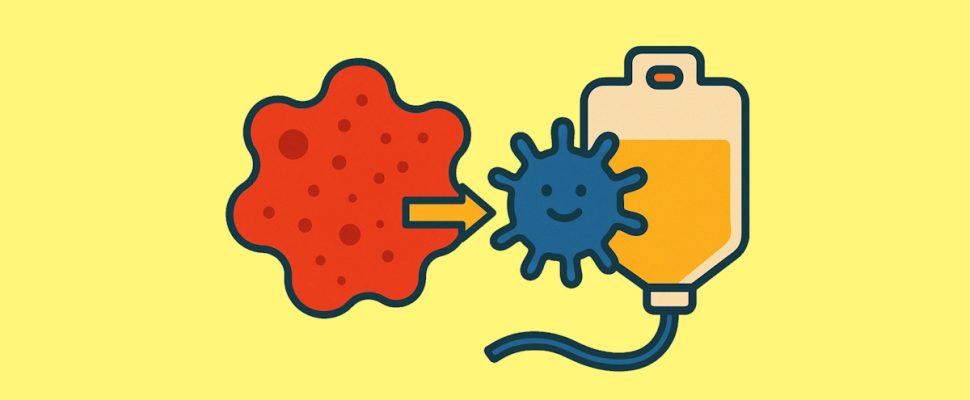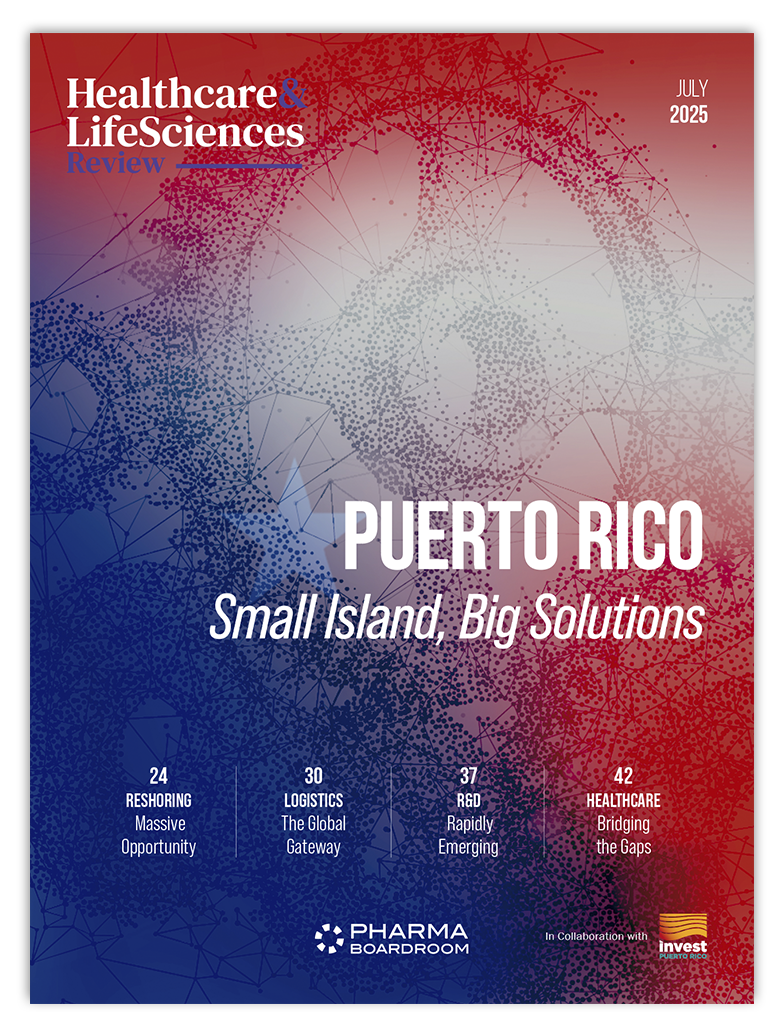In cell and gene therapy, where R&D and manufacturing are inseparable, Puerto Rico’s strong biopharma base makes it an attractive option for CGT companies.
The first mover in this space is CytoImmune. Founded in 2017 by a cadre of Big Pharma veterans and established in Puerto Rico in 2020, CytoImmune is developing immune-based cancer therapies using proprietary natural killer (NK) cells derived from umbilical cord blood.
While still private with no immediate plans to go public, the company has built a solid financial base — raising USD 36 million in a Series A round and investing USD 28 million into its Puerto Rico facility — giving it the runway to advance this ambitious work.
The potential impact of this technology is enormous, as CytoImmune CEO José Eduardo Vidal explains. “Unlike typical NK cells, our cord blood-derived NK cells are more aggressive and persistent, capable of repeatedly binding, killing, and regenerating.”
He adds that “in theory, they could target any cancer, as long as there is a distinct marker to recognise.” However, this is a bleeding-edge technology and – as of 2025 – no NK cell-based therapies have been approved by the US FDA or any other regulatory body.
Then there are the cost savings of these “allogeneic” therapies (which use batch-manufactured cell batches to treat multiple patients) versus “autologous” treatments made using a patient’s own cells.
Vidal notes that autologous therapies can cost up to USD 1 million per patient, limiting access, while allogeneic options like theirs are closer to USD 200,000.
Growing NK cells is, however, not easy. This has led CytoImmune to invest in large-scale bioreactors of the type used by US biotech giants like AbbVie and Amgen. This helps scale up production, produces more cells per batch, and ultimately reduces costs for patients.
But why base this in Puerto Rico, rather than in more established R&D hubs in the US, China, or Europe?
Vidal asserts that all the fundamentals are already in place. “Puerto Rico’s scientific expertise, advanced technology infrastructure, and skilled workforce make it a strategic hub for biopharmaceutical innovation, enabling us to shorten development timelines and improve patient access worldwide,” he proclaims.
The fact that processes are less set in stone in Puerto Rico than in other hubs could be a blessing in disguise. Vidal and his team, for example, have been busy filling in the gaps in a Puerto Rican R&D ecosystem and moulding it to their liking through creative partnerships.
“When we arrived, we saw gaps in pre-clinical infrastructure and partnered with the University of Puerto Rico and the Molecular Science Research Center (MSRC), leveraging their animal research facilities.”
“This collaboration has since expanded to in vitro studies and fosters an innovation-driven ecosystem, combining scientific expertise with practical skills. It also offers the added benefit of training students and professors in real-world therapy development, ultimately building a pipeline of future talent.”
Collaboration will be a watchword for CytoImmune’s future success, with the company offering its services as a contract research organisation and expertise hub for other teams’ projects in addition to developing its own molecules.
“What started as informal collaborations has now grown into a formal service offering,” says Vidal. “Initially focused on NK cells, we now work with multiple cell lines, addressing a wider range of diseases. We are also integrating diverse technologies such as gene regulation, mRNA, and epigenetics into our therapies.”
“Ultimately, it’s about collaboration to reach more patients and deliver on these therapies.”


